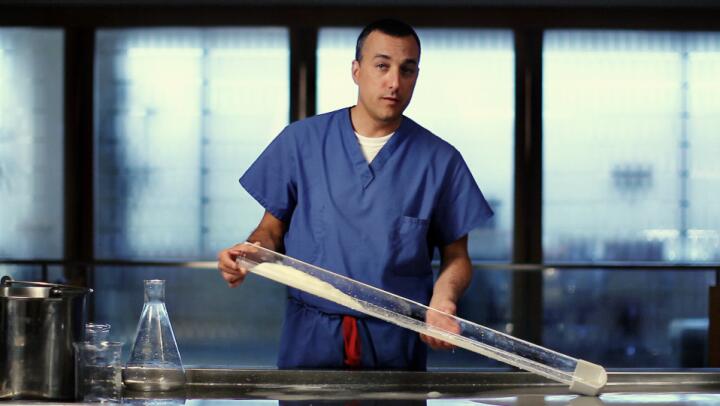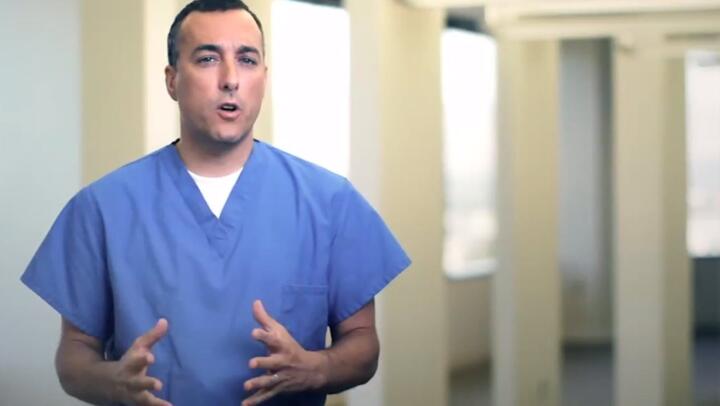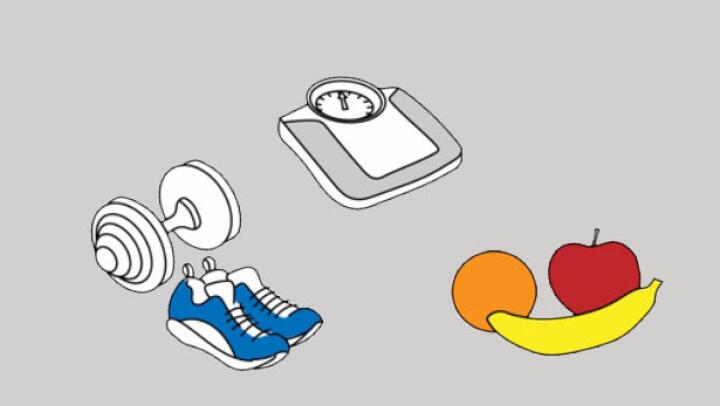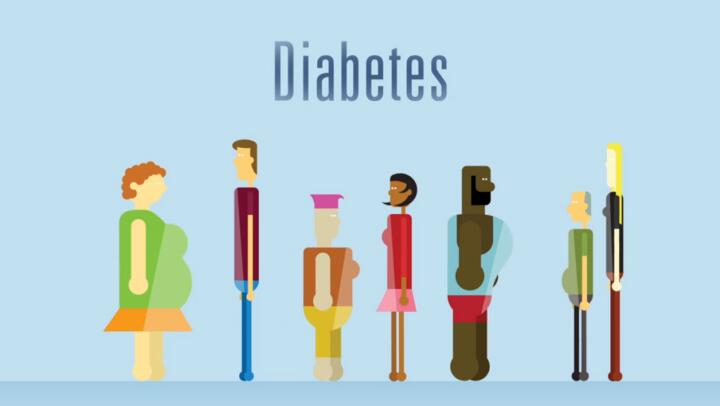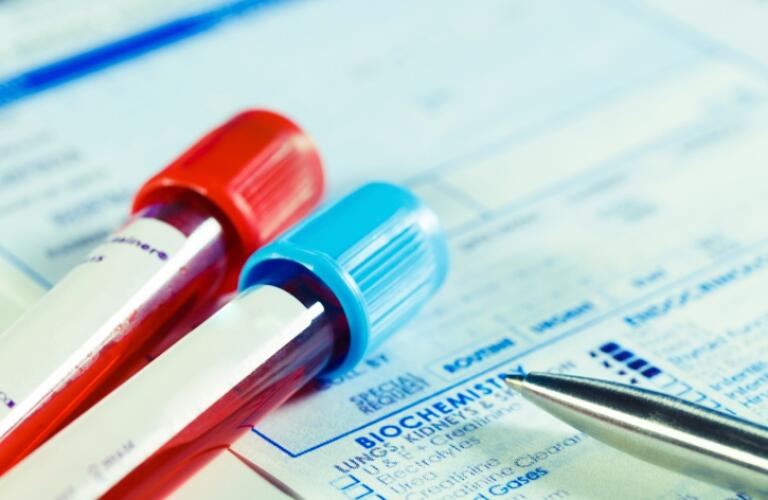
If you have diabetes, especially type 2 diabetes, it’s possible you didn’t notice any signs or symptoms of the disease before you were diagnosed. Looking back though, you may realize you did have some signs, as subtle as they may have been. You may have been thirstier than normal or unusually tired, for example. Silent diseases, those with few symptoms, can cause a lot of harm to your body if they go untreated. With diabetes, high glucose (sugar) levels over a long period of time can damage your blood vessels and organs, leading to kidney failure, blindness, and more.
Since diabetes itself may not be noticeable, it may be also hard to notice if your diabetes medicine is working. It’s easy to understand why you need to take your medication and to make sure you take them if you see the results, but how can you tell if your diabetes treatment is working, aside from going to the doctor for a check up?
While you might not have noticed any signs or symptoms of diabetes before you were diagnosed, you may notice a difference in yourself after you start taking your medications, be they insulin or pills. You may find that you:
Have more energy, are less fatigued
Aren’t as thirsty as before
Are urinating less often
Aren’t as hungry as before
Whether you check your blood glucose levels once a day or several times a day, your blood glucose levels are a good indicator of how well your diabetes medicines are working. When you start on a diabetes treatment plan, your diabetes team will tell you what your personal goal is and what numbers you should see on your glucose monitor.
Everyone is different, but the average blood glucose levels for an adult, before a meal, is usually between 70–130 mg/dl, and less than 180 mg/dl one or two hours after a meal. If your tests are consistently falling into these ranges, it’s likely a safe bet to say that your diabetes medication is working.
Keeping track of your blood glucose levels with daily testing is a good habit to be in and an important part of your diabetes treatment plan. These test results show how you’re doing from day to day, like getting a snapshot. But sometimes, it’s better to get a bigger picture, a panorama, to show how your body is handling your diabetes overall. To do this, your doctor may ask you to go for an A1C blood test. The results of the A1C test gives your diabetes team an idea of your average blood glucose levels over the previous three months. As with the regular glucose monitoring, your own personal goal may be different, but the average A1C goal for an adult is less than 7%.
If your doctor changes your treatment plan, you may be asked to go for more A1C testing, to check to see how well your body is adapting to the new medications. Otherwise, the usual timing for A1C testing is:
Two times a year if you have type 2 diabetes, you don’t take insulin, and your regular blood glucose testing falls within normal ranges.
Up to four times a year if you have type 2 diabetes and you take insulin or your blood glucose levels are not controlled.
Three or four times a year if you have type 1 diabetes.
Monitoring your blood glucose levels is an important part of managing your diabetes. Speak with your diabetes care team if you have any questions. Working together, you can keep yourself as healthy as possible.














